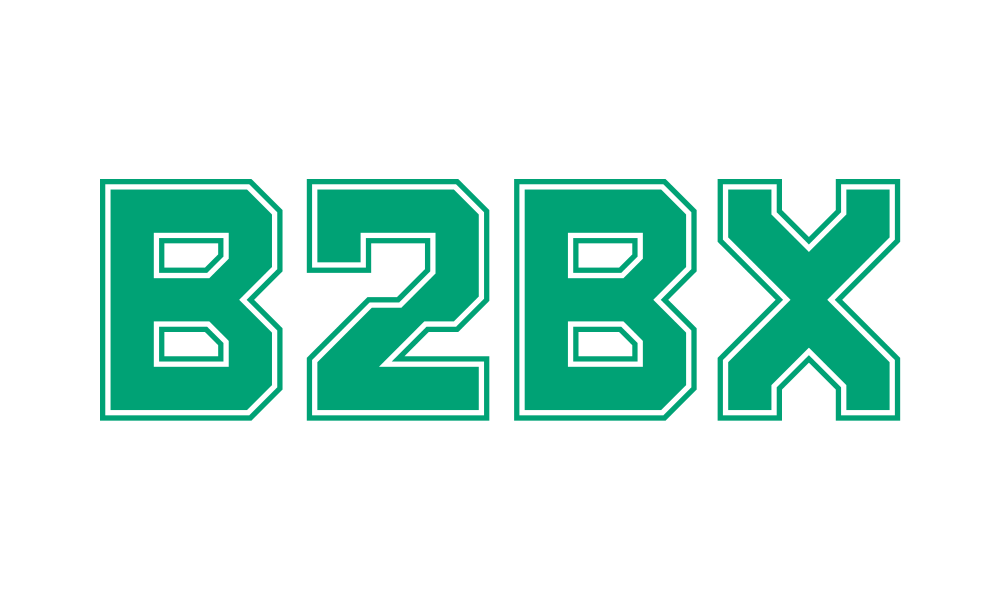With a total market capitalization of US$143 billion, the crypto market is expanding constantly. Despite all its problems, there doesn’t seem to be any limit to its expansion. However, today’s cryptocurrency exchanges must also function as brokers and exchangers.
As a result, despite all its growth, the cryptocurrency market is not developing as fast as one might desire. For comparison’s sake, consider the good old Forex which is regulated by law in various countries. Currently, there are 8,000 Forex brokers in the world, and the operations of the ten major brokers total US$15 billion per day. Thus, the daily turnover of just one top 10 broker exceeds the total turnover of the most popular crypto exchanges.
The broker services market can also be evaluated. At present, there are over 12,000 different brokerage firms. Of these, the vast majority offer their clients a broad range of financial instruments including currencies.
Those instruments can be used at any time. They are also regulated, have been in circulation long enough for the market to adapt, and exist within a larger ecosystem of applications. But how can we ensure that cryptocurrencies can be used as financial instruments which are accessible to all? Read on to learn more about some of the problems in this area as well as the solutions offered by the B2BX project.
Firstly, traders and investors are currently unable to work through familiar mechanisms to deposit and withdraw funds. Although it is possible to work with cryptocurrency, the exchanges mentioned above are not as a rule subject to any regulation.
The second issue relates to liquidity when selling or buying a particular asset. B2BX will solve this problem through the integration of the service with major trading platforms and liquidity aggregators, uniting brokers, exchanges, and financial institutions on a single platform. In turn, this paves the way for the formation of a deep order book for cryptocurrencies.
When a broker connects to the B2BX aggregator, he or she will receive the necessary funds and hedge a limited volume. This is possible because the aggregator draws liquidity from top crypto exchanges. The more institutional clients there are in the ecosystem, the greater the amount of liquidity that can be obtained within the aggregator.
The third major problem concerns technical complications related to the integration of cryptocurrencies with conventional financial instruments. Despite the availability of a large number of technical specialists with sufficient experience, many companies simply lack the time to adapt or write software for the cryptocurrency sector. Although more than a few such tools exist already, they are not unified and many have security problems. Moreover, some programs simply cannot handle the necessary workload. What’s more, clients who wish to work on cryptocurrency platforms must register first. Often, the user verification procedure is quite complex. If a major client wishes to open accounts on three to five exchanges, they’ll have to spend a few months on each.
The remedy proposed by B2BX is unification of all protocols into a single standard. B2BX will be aggregating and processing protocols from different exchanges and providers while offering brokers a single standard FIX API protocol.
As a basic solution, B2BX uses an aggregator from SoftFX integrated with the five largest crypto exchanges. The aggregator utilizes a FIX API protocol to facilitate the further distribution of liquidity to other systems and aggregators. This isn’t just speculation; it’s reality.
Disclosure: This is a sponsored article.

